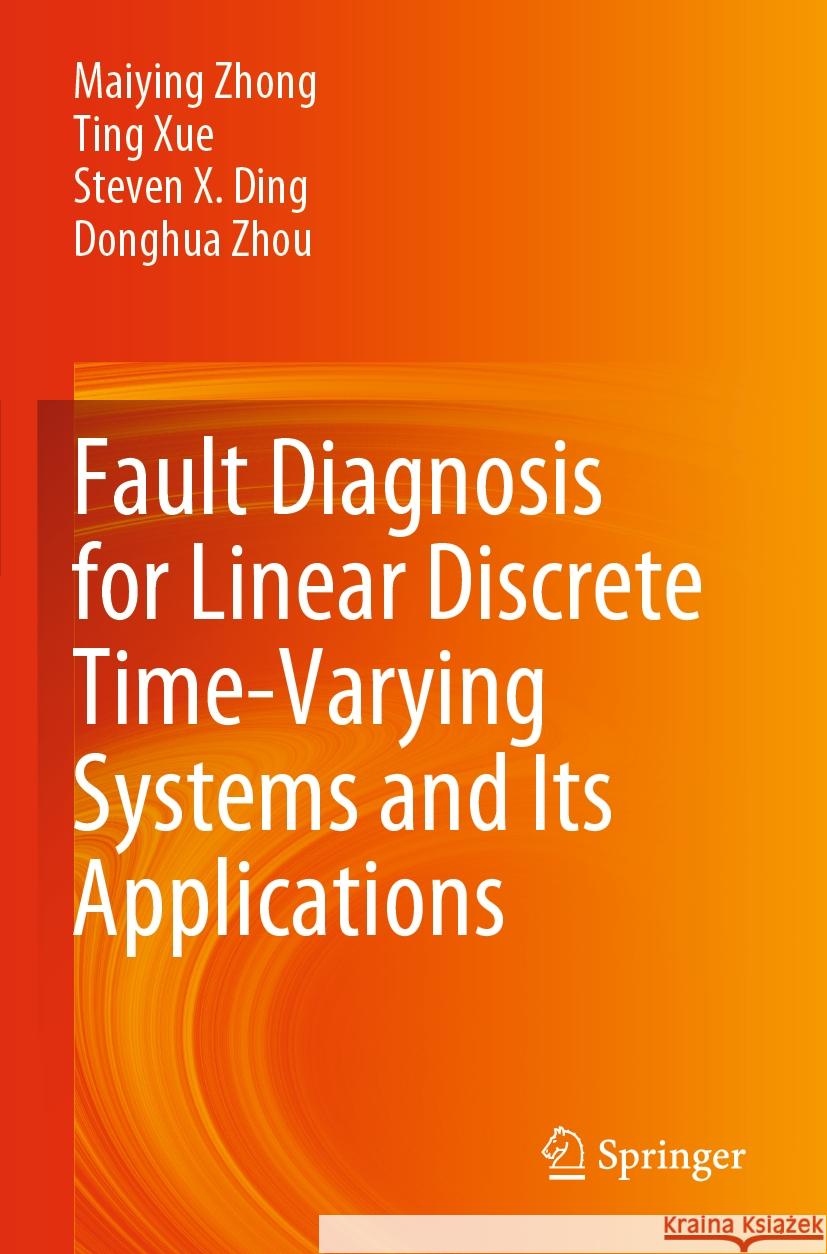Fault Diagnosis for Linear Discrete Time-Varying Systems and Its Applications » książka
topmenu
Fault Diagnosis for Linear Discrete Time-Varying Systems and Its Applications
ISBN-13: 9789811954405 / Angielski / Miękka / 2023
Fault Diagnosis for Linear Discrete Time-Varying Systems and Its Applications
ISBN-13: 9789811954405 / Angielski / Miękka / 2023
cena 645,58
(netto: 614,84 VAT: 5%)
Najniższa cena z 30 dni: 616,85
(netto: 614,84 VAT: 5%)
Najniższa cena z 30 dni: 616,85
Termin realizacji zamówienia:
ok. 16-18 dni roboczych.
ok. 16-18 dni roboczych.
Darmowa dostawa!
This book focuses on fault diagnosis for linear discrete time-varying (LDTV) systems and its applications in modern engineering processes, with more weighting placed on the development of theory and methodologies. A comprehensive and systematic study on fault diagnosis for LDTV systems is provided, covering H∞-optimization-based fault diagnosis, H∞-filtering-based fault diagnosis, parity space-based fault diagnosis, Krein space technique-aided fault detection and fault estimation, and their typical applications in linear/nonlinear processes such as satellite attitude control systems and INS/GPS systems. This book benefits researchers, engineers, and graduate students in the fields of control engineering, electrical and electronic engineering, instrumentation science, and optoelectronic engineering.











